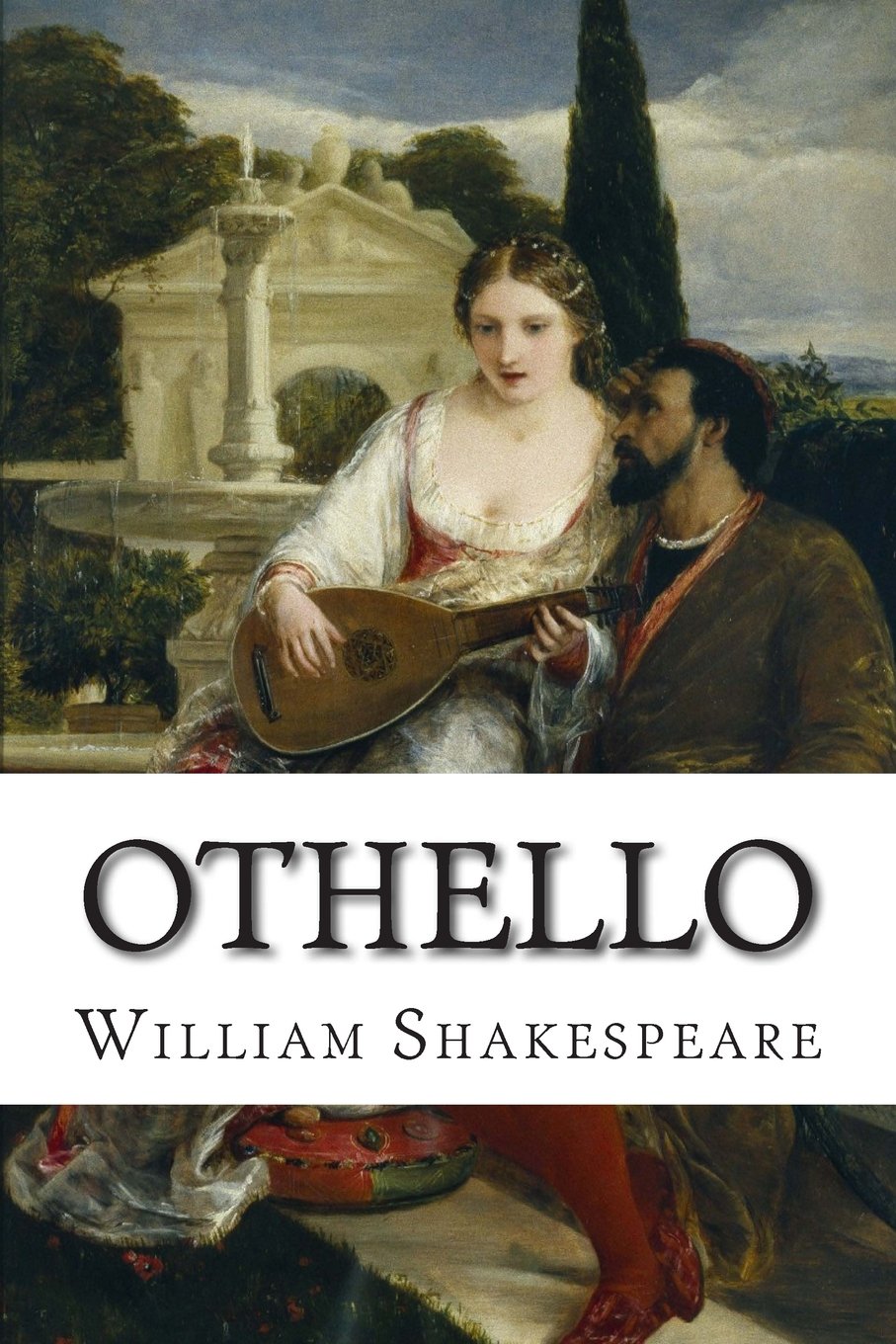About this deal
Shakespeare in performance From playhouse to film sets, explore four centuries of staging Shakespeare Othello is a Moorish military commander who was serving as a general of the Venetian army in defence of Cyprus against invasion by Ottoman Turks. He has recently married Desdemona, a beautiful and wealthy Venetian lady younger than himself, without the knowledge of and despite the later objection of her father. Iago is Othello's malevolent ensign, who maliciously stokes his master's jealousy until the usually stoic Moor kills his beloved wife in a fit of blind rage. Due to its enduring themes of passion, jealousy, and race, Othello is still topical and popular and is widely performed, with numerous adaptations. Iago will direct the remainder of the play, constructing Othello’s down-fall out of the flimsiest evidence and playing on the strengths and weaknesses of Othello’s nature and the doubts that erode Othello’s faith in Desdemona. Act 3, one of the wonders of the stage, anatomizes Othello’s psychic descent from perfect contentment in his new wife to complete loathing, from a worldview in which everything is as it appears to one in which nothing is as it seems. Iago leads Othello to suspect that love and devotion are shams disguising the basest of animalistic instincts. Misled by the handkerchief, his love token to Desdemona, that Iago has planted in Cassio’s room and by a partially overheard conversation between Iago and Cassio, Othello, by the end of act 3, forsakes his wife and engages himself in a perverse version of the marriage ceremony of act 2 to Iago. As the pair kneels together, they exchange vows: Brabanzio’s kinsman who accompanies Lodovico to Cyprus. Amidst the chaos of the final scene, Graziano mentions that Desdemona’s father has died. Clown
Iago begins to plant seeds of suspicion in Othello’s mind about his wife’s relationship with Michael Cassio. Iago gets hold of a handkerchief belonging to Desdemona and hides it in Cassio’s room pretending it is proof of Desdemona’s unfaithfulness. Jealousy motivates the central conflicts of Othello: Iago’s resentment of Othello, and Othello’s suspicion of Desdemona. Iago is immediately revealed as a jealous character: in the first scene, he complains that Cassio has been promoted instead of him even though “I am worth no worse a place” (1.1.). He also later implies that his hatred of Othello is rooted in jealousy, since there are rumors of Othello having slept with Emilia. As Iago explains, even the hint of this possibility enrages him: “I know not if’t be true / But I for mere suspicion in that kind / Will do as if for surety” (1.3.). It seems that his jealousy is so intense that he does not need proof of this infidelity before punishing Othello for it. Appropriately, Iago decides to seek revenge by using jealousy as a weapon against Othello, “practicing upon his peace and quiet / Even to madness” (2.1.). Iago knows, perhaps from his own experience, that jealousy is a form of psychological torture which will constantly torment Othello. By making Othello feel the torments of jealousy towards Desdemona and her supposed lover, Iago causes Othello to suffer as much as he does. Deception and Treachery In Shakespeare's main source, Cinthio's Gli Hecatommithi, the character Disdemona (the equivalent of Shakespeare's Desdemona) says "I know not what to say of the Moor; he used to be all love towards me; but within these few days he has become another man; and much I fear that I shall prove a warning to young girls not to marry against the wishes of their parents, and that the Italian ladies may learn from me not to wed a man whose nature and habitude of life estrange from us" [87] [88]Othello (full title: The Tragedy of Othello, the Moor of Venice) is a tragedy written by William Shakespeare, probably in 1603. The story revolves around two characters, Othello and Iago. Holland, Peter "Shakespeare Abbreviated" in Shaughnessy, Robert (ed.) "The Cambridge Companion to Shakespeare and Popular Culture", Cambridge University Press, 2007, pp.26–45, at p.41. The first professional performances of the play in North America are likely to have been those of the Hallam Company: Robert Upton ( William Hallam's advance man) performed Othello at a makeshift theatre in New York on 26 December 1751; and religious objections to theatre led the Hallam Company to perform Othello as a series of "moral dialogues" at Rhode Island in 1761. [201] 19th century [ edit ] TL;DR (may contain spoilers): Iago manipulates literally everyone. Othello gets really jealous. (Almost) everyone dies. Othello Summary The character's own motives are never made clear, because Iago himself expresses too many motives: [144]
Shakespeare's source story in Cinthio takes place entirely in the long time scheme: Shakespeare appears to have introduced the shorter time scheme to increase dramatic tension, while also introducing moments where Iago's plot could fall apart – for example if Emilia had given an honest answer to Desdemona's "Where should I lose that handkerchief?" [177] or if Roderigo had chosen to denounce Iago. [178] E. K. Chambers in 1930 argued that Q derived from a scribal manuscript, and F from the author's holograph. [51]Othello is parodied in the form of a rap song in the stage show The Complete Works of William Shakespeare (Abridged). [309] Audio [ edit ] Maguire, Laurie " Othello, Theatre Boundaries, and Audience Cognition" in Orlin, Lena Cowen (ed.) "Othello - The State of Play" The Arden Shakespeare, Bloomsbury Publishing, 2014, pp.17-43 at p.34.
 Great Deal
Great Deal 